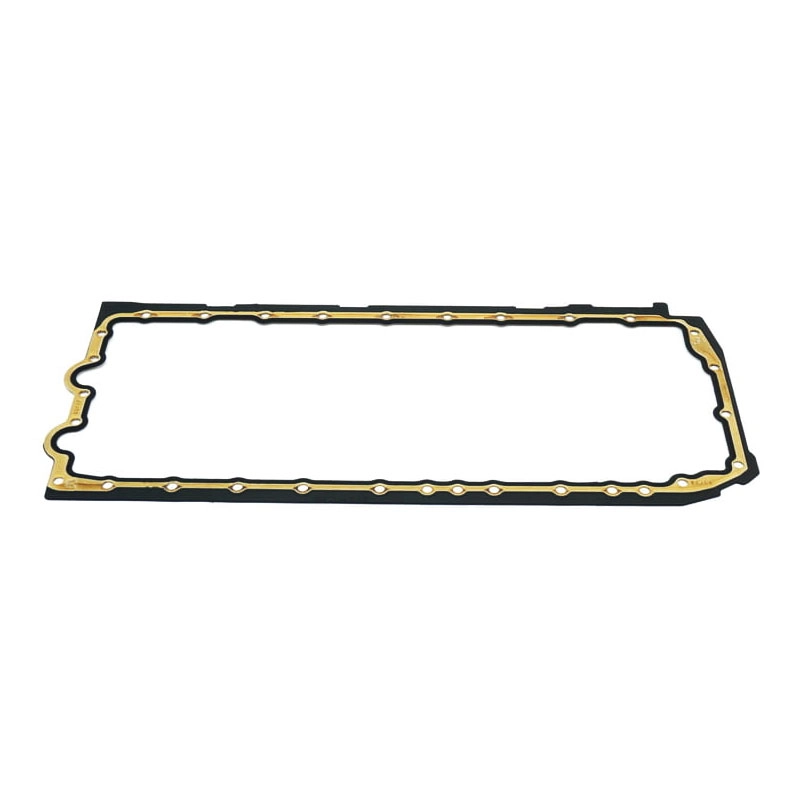Exploring the Benefits and Applications of Floating Oil Seals in Modern Industrial Solutions
The Importance of Floating Oil Seals in Mechanical Applications
Floating oil seals, also known as floating seals or dynamic sealing systems, play a pivotal role in various mechanical applications where the prevention of fluid leakage is paramount. These seals are designed to facilitate the smooth operation of machinery while minimizing maintenance costs and extending the lifespan of mechanical components. Understanding their design, functionality, and applications can provide valuable insights into their significance in engineering.
What is a Floating Oil Seal?
A floating oil seal is a type of seal that is used to prevent the escape of lubricants such as oil and grease while simultaneously protecting against the ingress of contaminants. The term floating refers to the seal’s ability to adjust position slightly in response to shaft movement or misalignment, ensuring a consistent sealing effect even under varied operating conditions. Typically constructed from materials like rubber, polyurethane, or composite materials, floating oil seals are specifically engineered to withstand high pressures, temperatures, and speeds.
Design and Functionality
The design of floating oil seals is relatively straightforward, yet highly effective. They typically consist of a sealing lip that makes contact with the shaft, creating a barrier against fluid loss. This lip not only prevents oil from leaking out but also keeps dirt and water from entering the machinery. The floating feature is crucial; it allows the seal to maintain its position around the shaft as it moves, thereby accommodating any axial displacement or rotational misalignment that may occur during operation.
floating oil seal

Additionally, floating oil seals often incorporate a spring mechanism to apply constant pressure against the sealing lip. This spring ensures that the seal maintains optimal contact with the shaft, which is vital for preventing leaks. The ability to adapt to movement while retaining adequate sealing pressure is what sets floating oil seals apart from traditional seals.
Applications
Floating oil seals are used in a wide range of industries, including automotive, aerospace, marine, and industrial machinery. In the automotive sector, for example, these seals can be found in engines, transmissions, and wheel bearings, where they play a critical role in maintaining fluid integrity and ensuring smooth operation. In aerospace, floating oil seals are essential for preventing oil leaks in engines and hydraulic systems, where even minor leaks can lead to catastrophic failures.
In industrial applications, floating oil seals are commonly used in pumps, turbines, and compressors. Their ability to handle high pressures and rotational speeds makes them ideal for heavy machinery that requires reliable lubrication to function correctly. Furthermore, they contribute significantly to reducing downtime and maintenance costs, as the prevention of leaks can minimize the need for frequent repairs or replacements.
Conclusion
In conclusion, floating oil seals are integral components in the design and operation of many mechanical systems. Their unique ability to float allows for adaptability in various operating conditions, ensuring optimal sealing performance. As industries continue to evolve and demand greater efficiency and reliability, the role of floating oil seals will not only remain vital but will likely expand as new materials and technologies are developed. Understanding and implementing these seals correctly can lead to improved performance and longevity of machinery, ultimately benefiting manufacturers and consumers alike.
-
Understanding the Importance of the Crankshaft Oil Seal in Engine Performance
News Jun.16,2025
-
The Unsung Heroes of Engine Protection: Understanding Automotive Shaft Seals and Oil Seals
News Jun.16,2025
-
Keeping the Engine Tight: The Role of Crankshaft Seals and Gaskets in Oil Control
News Jun.16,2025
-
Complete Protection in Harsh Conditions: A Deep Dive into Cassette Seals
News Jun.16,2025
-
Choosing the Right Oil Seal: A Guide to Trusted Brands and Suppliers
News Jun.16,2025
-
Advanced Sealing Technologies: Exploring the Range of Modern Oil Seals
News Jun.16,2025
-
Your Essential Guide to Car Repair Kits: From Rust to Dings
News Jun.13,2025
Products categories















